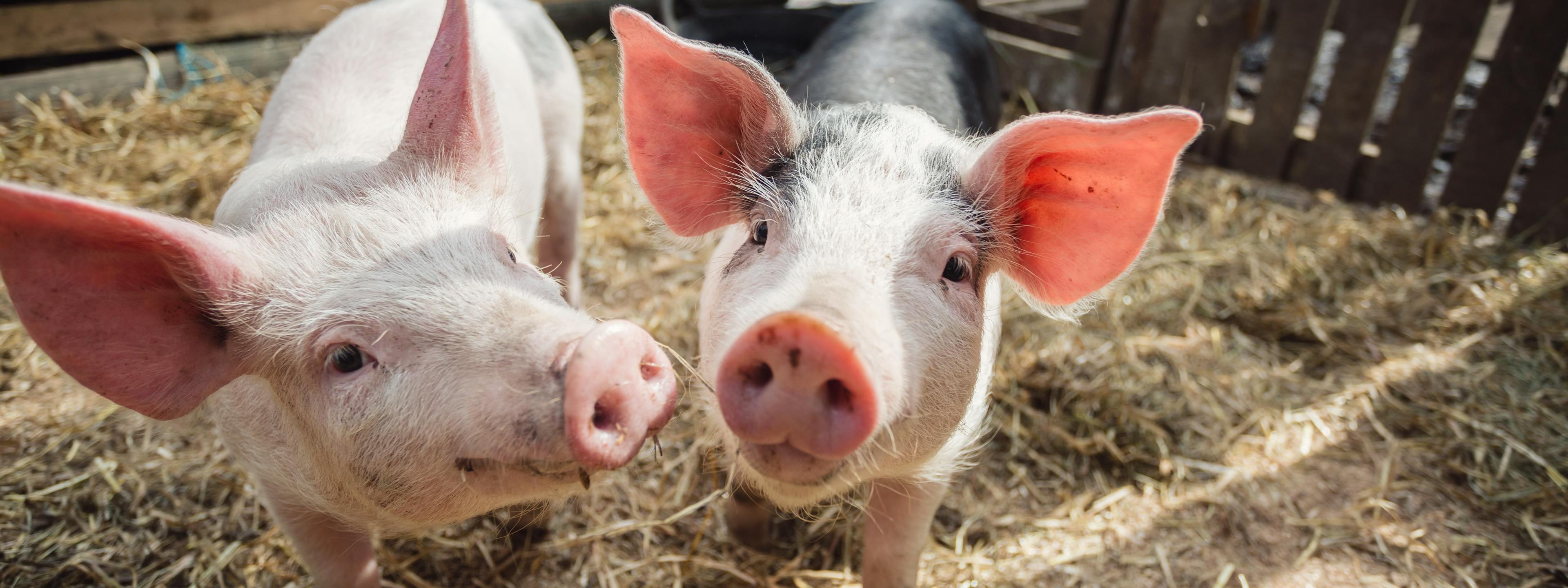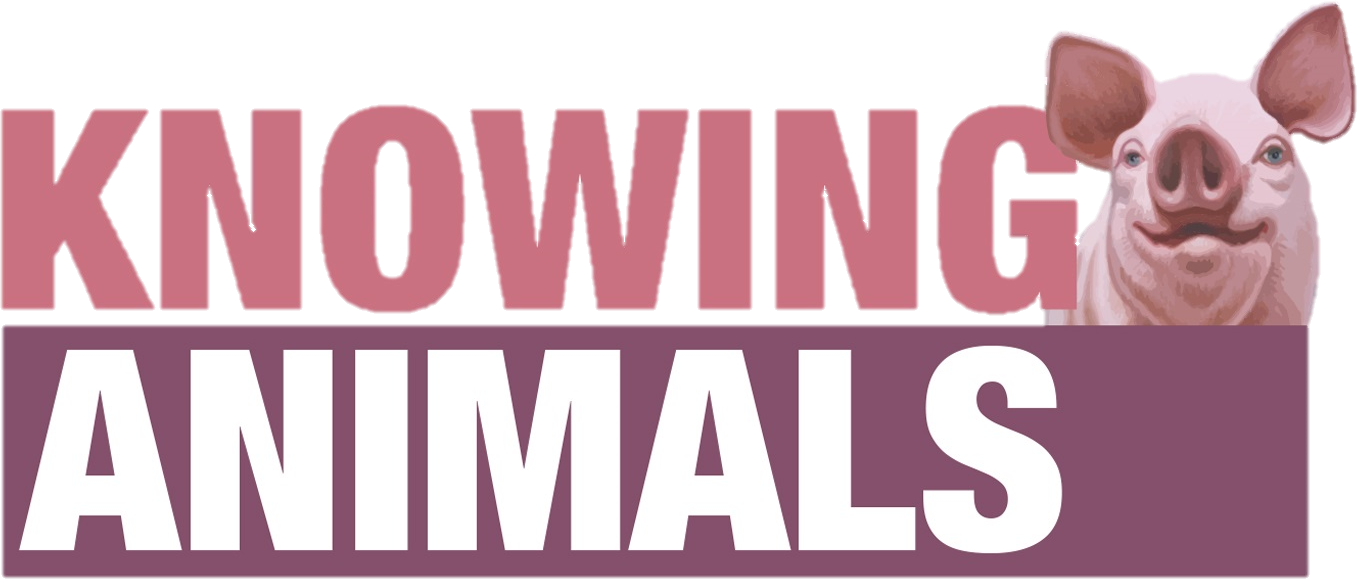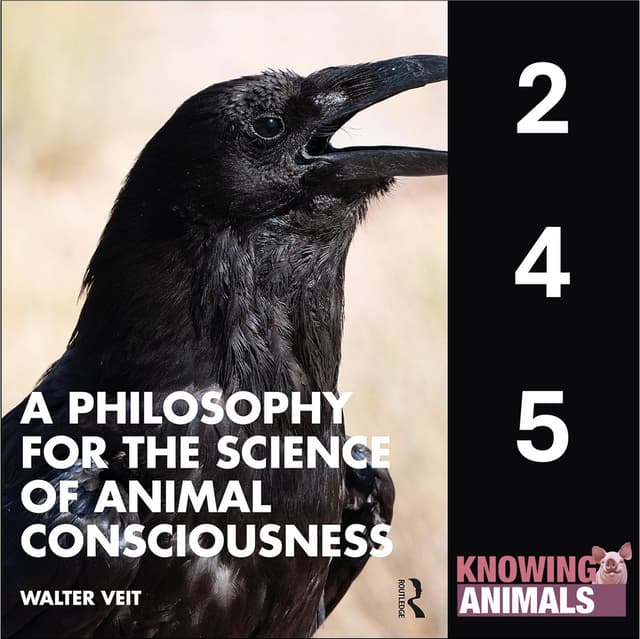Latest Episodes
Dr Dustin Crummet is an Affiliate Instructor in the School of Interdisciplinary Arts and Sciences at the University of Washington Tacoma and the Executive Director of the Insect Institute, a non-profit organization that critically explores insects in the food system. Dustin's academic background is in philosophy, but he today writes more broadly than this, contributing to research around various aspects of insect farming, as well as questions concerning animals in ethics and the philosophy of religion. In this episode, we talk about his recent paper 'Have the environmental benefits of insect farming been overstated? A critical review', which was published open access in Biological Reviews in 2025. Dustin was one of six authors on the piece. The others were Corentin Biteau, Tom Bry-Chevalier, Katrina Loewy, Ren Ryba, and Michael St. Jules.
This episode is brought to you by the Animal Politics book series, from Sydney University Press.
Today's guest is Dr Doris Schneeberger of the Vienna University of Economics and Business. Doris's academic background is in animal ethics and animal organizational studies. We're discuss her 2024 Palgrave Macmillan book Envisioning a Better Future for Nonhuman Animals: Towards Future Animal Rights Declarations. This is one of the three books shortlisted for the Australasian Animal Studies Association's inaugural Siobhan O'Sullivan Book Prize. (The others are Josh Milburn's Food, Justice, and Animals: Feeding the World Respectfully and Yamini Narayanan's Mother Cow, Mother India: A Multispecies Politics of Dairy in India.) The winner will be announced this month.
In her answers to her quick questions, Doris mentioned Peter Singer, Pablo Castelló, Claudia Hirtenfelder, and Nico Dario Müller.
This episode's guest is Dr Jack Waverley, a Senior Lecturer in Fashion Marketing in the Department of Materials at the University of Manchester in the UK. His academic background is in marketing and consumer research, and he's interested in exploring how these disciplines can promote the interests of all animals, and not just humans. In this episode, we discuss his article 'Organs or bodies? Toward an equitable, embodied, and animal-inclusive diversity, equity, and inclusion agenda', which appeared open access in the journal Consumption Markets & Culture in 2024.
This episode is proudly sponsored by the Animal Politics book series, from Sydney University Press.
In his answers to the quick questions, Jack mentioned Peter Singer's Animal Liberation and Tom Regan's Case for Animal Rights, as well as the 2008 article 'Figuring companion-species consumption: A multi-site ethnography of the post-canine Afghan hound', by Shona Bettany and Rory Daly.
This episode's guest is Dr Rimona Afana. Rimona is a Romanian-Palestinian academic, as well as an activist and multimedia artist. Her research addresses war crimes, crimes against humanity, crimes against nature, and crimes against nonhuman animals. Her work has taken her to various institutions, including Emory University School of Law and Kennesaw State University in the US, where she was an Assistant Professor of Peace Studies. Among her other research projects, she is working on a book with the working title Ecocide/Speciesism: Rethinking Interdependence in the Anthropocene. In this episode, however, we discuss her forthcoming paper 'The Invisible Victims of Israel's Genocide/Ecocide on Gaza: Crimes Against Nature and Nonhuman Animals', which is an invited contribution to the De Gruyter Handbook of Conflict Resolution and Peace.
Listeners interested in reading the paper are invited to email Rimona for a copy. This will also allow them to check the sources for the facts and figures that Rimona mentions during the interview.
The cover image is by Rimona, and features a homeless kitten in Rafah, Gaza.
In response to the quick questions, Rimona mentioned:
- The work of Richard Falk (https://doi.org/10.1177/096701067300400105) and Polly Higgins (https://shepheardwalwyn.com/product/eradicating-ecocide-second-edition/) on ecocide.
- The work of Richard Ryder (https://en.wikipedia.org/wiki/Richard_D._Ryder), Steve Sapontzis (https://en.wikipedia.org/wiki/Steve_F._Sapontzis), Steven Wise (https://en.wikipedia.org/wiki/Steven_M._Wise), and Piers Beirne (https://usm.maine.edu/directories/people/piers-beirne/) on animals.
- Her own work on ecocide (https://link.springer.com/rwe/10.1007/978-981-15-3877-3_33-1) and theriocide (https://vernonpress.com/book/1852).
You can find Rimona/Rimona's work on LinkedIn (https://linkedin.com/in/rimonaafana/), ORCID (https://orcid.org/0009-0007-0871-3530), X (https://x.com/rimona_afana), and BSky (https://bsky.app/profile/rimona-afana.bsky.social). You can follow her Ecocide/Speciesism project on Facebook at http://www.facebook.com/ecocide.speciesism.
Knowing Animals is proudly sponsored by the Animal Politics book series, from Sydney University Press. For more information about the series, see https://sydneyuniversitypress.com/collections/series-animal-politics.






